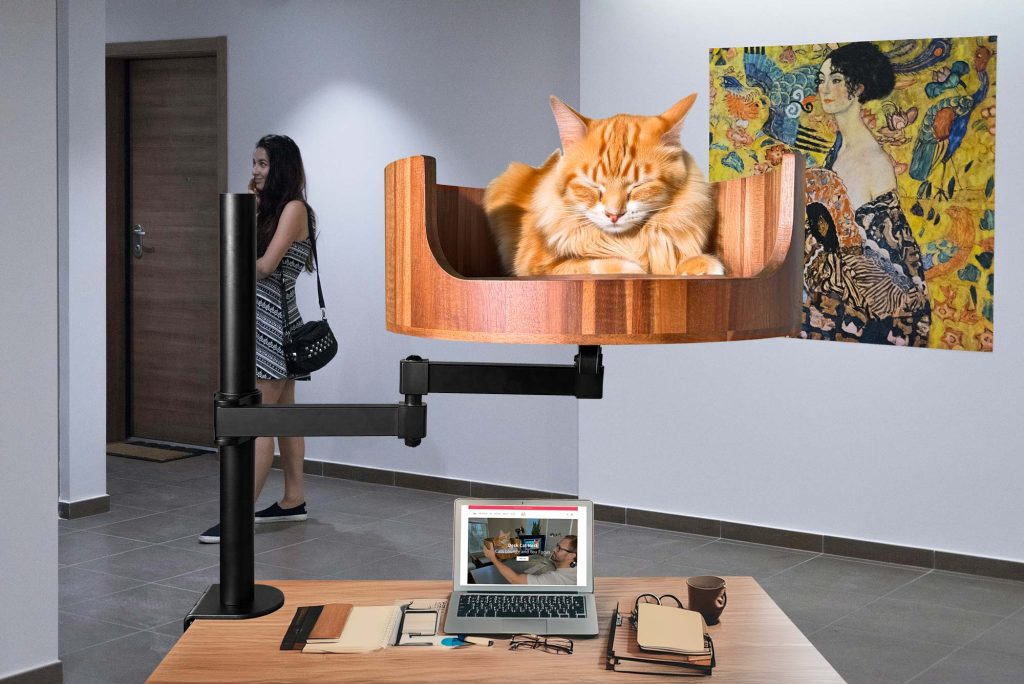Have you ever experienced the confusing behavior of your kitten biting you and then immediately licking you? This common interaction may leave many cat owners scratching their heads, wondering what their furry friend is trying to communicate. In this article, we will explore the reasons behind this behavior and delve into the fascinating world of feline communication.
Understanding why your kitten exhibits this behavior is essential to foster a strong bond between you and your pet. From playfulness to communication, there are various reasons why kittens may bite and then lick their owners. By gaining insight into your kitten’s behavior, you can better respond to their needs and strengthen your relationship with them. Join us as we uncover the mysteries behind this quirky feline behavior and learn how to decipher your kitten’s unique language.
1. Kittens may bite then lick their owners as a form of play or communication, mimicking how they interact with their littermates.
2. It’s important to set boundaries and redirect their behavior when they bite too hard to prevent reinforcing aggressive habits.
3. Providing appropriate toys and outlets for play can help redirect their energy and prevent them from biting.
4. Consistent training and positive reinforcement can help teach kittens appropriate ways to interact with their owners.
5. Understanding a kitten’s body language can help decipher their intentions and prevent misunderstandings during playtime.
## Reasons for biting behavior
Kittens Bite then Lick for a variety of reasons, including natural instincts, playfulness, socialization, or communication. In the wild, kittens learn essential survival skills through rough play and biting. It is essential to understand the underlying reasons for a kitten’s biting behavior to address it effectively and promote healthy interactions between the kitten and its owner.
## Socialization and maternal behavior
Biting and licking behavior in kittens can be attributed to socialization and maternal instincts. Kittens often mimic the behavior of their mother and siblings, learning how to communicate, establish dominance, and bond through play. Licking can be a gesture of affection or grooming, while biting may be a way for kittens to test boundaries or playfully engage with their human companions.
## Play behavior and teething
Play behavior is a natural part of a kitten’s development, and biting is often a part of their playful interactions. Kittens may bite during play as a way to practice hunting skills or as a way to release excess energy. Additionally, kittens go through a teething phase, during which they may bite to alleviate discomfort or irritation in their gums. Providing appropriate toys and positive reinforcement can help redirect their biting behavior.
## Communication and body language
Biting and licking can also be forms of communication for kittens. By observing a kitten’s body language and vocalizations, owners can better understand the reasons behind their behavior. Biting may be a sign of overstimulation, fear, or frustration, while licking may indicate affection or a desire for attention. It is essential for owners to pay attention to their kitten’s cues and respond accordingly to ensure a positive and nurturing relationship.
FAQ
Why does my kitten bite then lick me?
Kittens often bite then lick as a way of showing affection or trying to play with you. It’s a natural behavior for kittens to explore the world around them through their mouths. They may bite to get your attention and then lick as a way of grooming or showing affection.
Is it normal for kittens to exhibit this behavior?
Yes, it is very common for kittens to exhibit this behavior. They are still learning how to interact with their environment and with their human companions. It is a way for them to communicate and play with you.
How can I train my kitten to stop biting then licking me?
One way to train your kitten to stop this behavior is through positive reinforcement. When your kitten bites then licks you, calmly remove your hand and redirect their attention to a toy or another suitable object. Reward them with a treat or praise when they interact with you without biting.
What are some other ways I can bond with my kitten?
Some other ways you can bond with your kitten include playing together with interactive toys, grooming them regularly, and spending quality time together in a calm and quiet environment. Building a strong bond with your kitten will help reduce unwanted behaviors like biting and licking.
In conclusion, providing your kitten with a comfortable and secure space to rest, such as a Desk Cat Bed, can help address the behavior of biting and licking. By offering a designated spot for your kitten to relax and feel safe, they are less likely to display playful or territorial behaviors towards you. The Desk Cat Bed not only provides a cozy retreat for your kitten but also promotes healthier bonding interactions between you and your pet. Consider investing in a Desk Cat Bed to create a harmonious environment for you and your furry friend.


